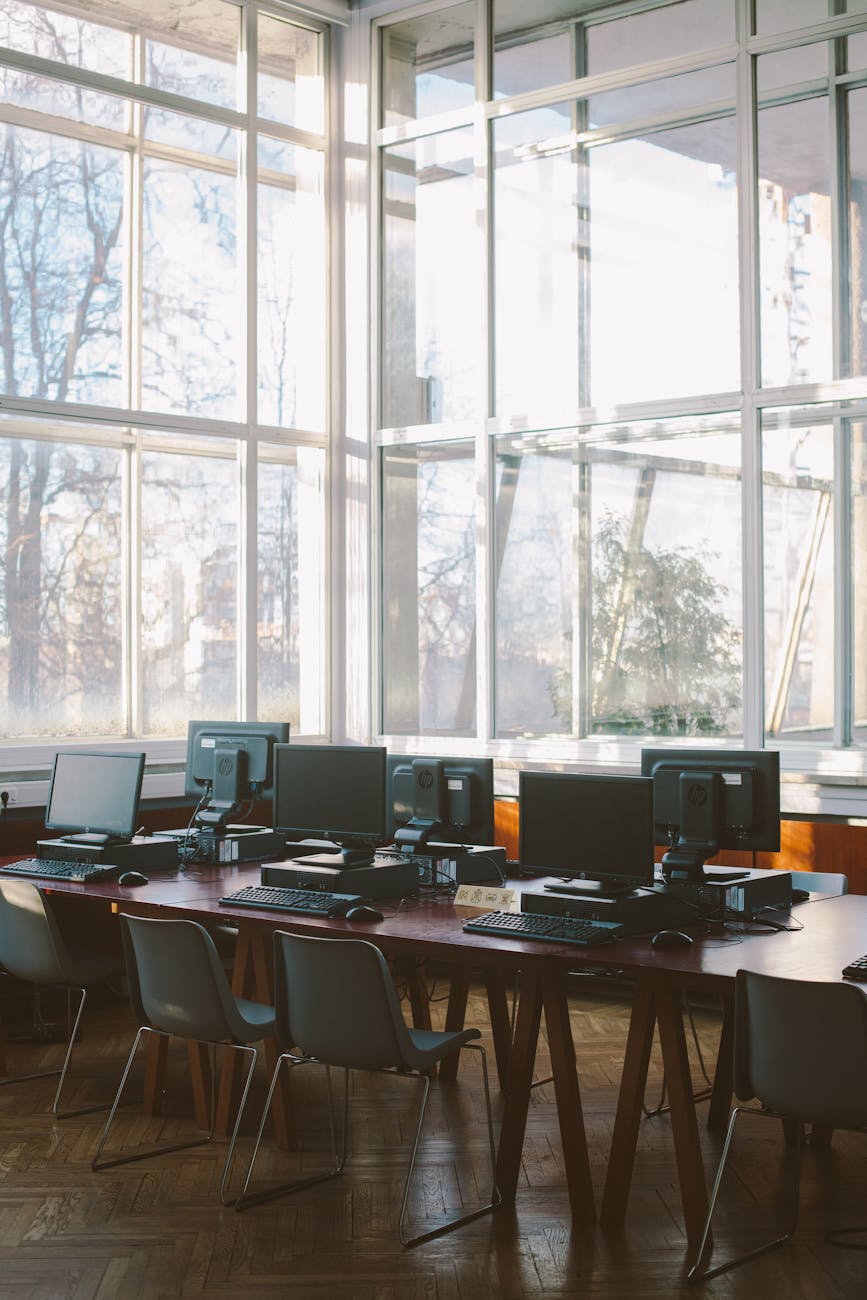In today’s technology-driven world, public computers are a common sight in places like libraries, internet cafes, and other shared spaces. While these computers provide convenient access to the internet and essential services, they also pose potential risks to users’ privacy and security. By following essential tips for safe public computer usage, you can mitigate these risks and protect your sensitive information.
Understanding the Risks of Public Computer Usage
When using a public computer, it’s crucial to be aware of the inherent risks involved. Since these computers are accessible to multiple users, there is a higher likelihood of malware infections, data breaches, and identity theft. Without proper precautions, your personal information, such as login credentials, banking details, and private communications, could be compromised.
Tips for Safe Public Computer Usage
1. Avoid Logging into Sensitive Accounts
One of the best ways to protect your sensitive information on public computers is to avoid logging into accounts that contain personal or financial data. This includes online banking, email, social media, and any other accounts that require login credentials. If possible, wait until you are on a secure and trusted device to access these accounts.
2. Use Private Browsing Mode
Most web browsers offer a private browsing mode that does not store your browsing history, cookies, or other data. When using a public computer, always activate private browsing to prevent your session information from being stored on the machine. This can help protect your privacy and reduce the risk of other users accessing your data.
3. Be Wary of Phishing Attempts
Public computers are often targeted by cybercriminals seeking to steal sensitive information through phishing attacks. Be cautious of emails, pop-ups, or websites asking for personal details or login credentials. Never provide sensitive information on public computers unless you are certain of the legitimacy of the request.
4. Log Out and Clear Browser Data
After using a public computer, always remember to log out of your accounts and clear your browsing data. This includes cookies, cached images, and other temporary files that may contain sensitive information. By logging out and clearing browser data, you can minimize the risk of your information being accessed by the next user.
5. Avoid Saving Passwords
While it may be convenient to save passwords on public computers for easier access, this practice poses a significant security risk. Avoid saving passwords or enabling auto-fill features on public computers to prevent unauthorized access to your accounts. Instead, manually enter your login credentials each time you need to access an account.
Conclusion
Safe public computer usage is essential for protecting your privacy and security while accessing the internet in shared spaces. By following these tips and remaining vigilant about potential risks, you can reduce the likelihood of falling victim to cyber threats. Remember to always prioritize your safety and take necessary precautions when using public computers to safeguard your sensitive information.



